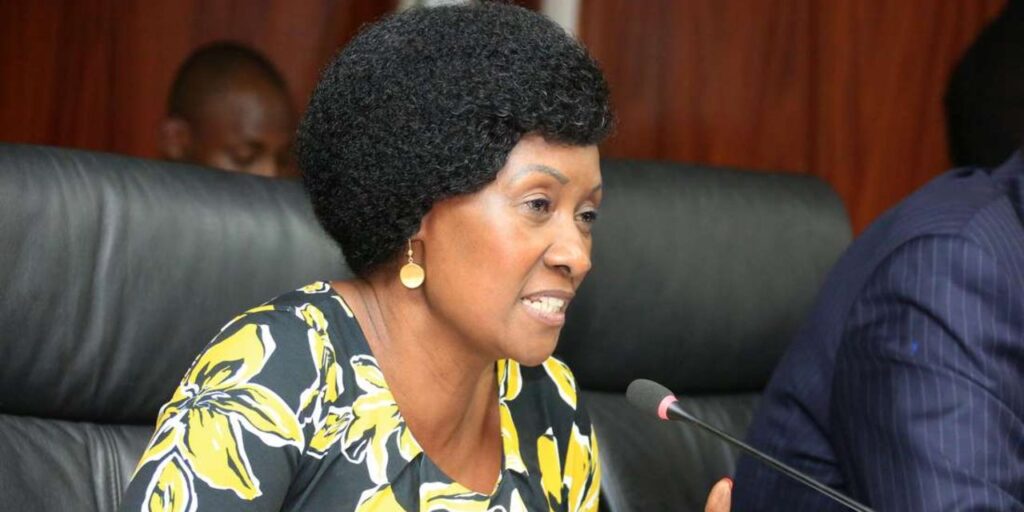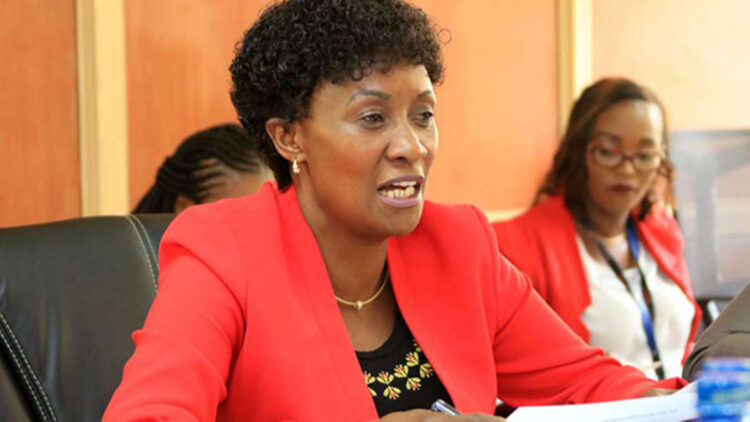TSC Launches TIMEC Programme to Strengthen Teacher Professionalism
The Teachers Service Commission (TSC) has rolled out a one-day training session for teachers across the country under its Teacher Induction, Mentorship and Coaching (TIMEC) programme. This initiative includes sensitization on professional responsibilities in alignment with the Code of Regulations for Teachers (CORT). Each school is expected to send a minimum of five teachers to the training, with headteachers mandated to attend.
Training for primary school teachers will take place at the sub-county level, while selected secondary school teachers will be trained at the county level. According to a TSC official, “This programme is critical in setting a standard framework for supporting and enhancing teacher professionalism.” The TIMEC model offers a proactive approach to handling teacher conduct and performance issues.
Objectives and Implementation of TIMEC
TIMEC is designed to induct new teachers, build leadership capacity in newly appointed school administrators, and support in-service teachers, especially those facing professional performance challenges. Its goals include enhancing teacher competencies in line with current education laws, regulations, ethical values, and policies. In the words of one TSC facilitator, “Our aim is not just to correct but to empower—this is mentorship, not punishment.”
The Commission’s short and long-term objectives under TIMEC are clear: institutionalize the programme in all public schools, create well-managed learning institutions, support teachers with performance issues, and improve both academic and psychosocial outcomes for learners.
Coaching is described as a support strategy where a supervisor helps an individual or team improve job performance by building skills through instruction and direction. Mentorship, on the other hand, is a sustained process aimed at developing personal, professional, and leadership skills for effective service delivery.
To become a mentor or coach, an individual must demonstrate expertise in a specific area, uphold professional integrity, be willing to volunteer, and have the respect of their peers. Other selection considerations include gender, disability status, and religion.
Mentors can be drawn from senior teachers, subject experts, administrators, or professionals from varied disciplines. Mentees, meanwhile, include newly employed teachers, interns, newly appointed administrators, teachers with performance concerns, and those being groomed as future mentors.

The mentor-mentee relationship is expected to last at least one year, depending on the mentee’s performance. Coaching, however, is continuous and tailored to evolving needs. During the process, both parties are expected to observe punctuality, confidentiality, and clear communication.
Roles and Responsibilities of Mentors and Mentees
Mentors are expected to develop mentorship plans, hold regular sessions, provide career guidance, and encourage professional conduct. They are also required to model ethical behavior, develop both managerial and technical skills in mentees, and maintain discretion.
Mentees must be proactive, identify their development areas, seek feedback, and remain committed to the learning process. They must prepare ahead of scheduled meetings and take responsibility for their growth.
Benefits and Incentives
Successful participants of the TIMEC programme will receive certificates of completion, which will serve as an added advantage during promotions, appointments, or recognitions. Moreover, mentors and mentees will earn Teacher Professional Development (TPD) points as provided in the TPD framework and career progression guidelines.
TSC has hinted that involvement in TIMEC will be rewarded during promotional assessments. The Commission noted that teachers who complete mentorship training and attend promotion interviews would receive extra points.
Policy Framework and Programme Effectiveness
The TIMEC initiative is governed by a structured framework and policy. Its implementation is overseen by institutional heads, who must ensure proper identification of mentors and institutionalization of the programme. The mentor and mentee are jointly responsible for identifying performance gaps, setting goals, and crafting intervention strategies that address professional development needs.
Read Also: TSC to Proceed with Teacher Promotions, Rejects Calls to Revoke Appointment Letters
Disputes between mentors and mentees will be resolved either through disciplinary procedures if misconduct is involved or grievance resolution channels outlined by the Commission.
Ultimately, TIMEC is positioned to entrench continuous professional development and ensure compliance with CORT and the Code of Conduct and Ethics (COCE), leading to improved professional behavior and enhanced educational outcomes.




Discussion about this post